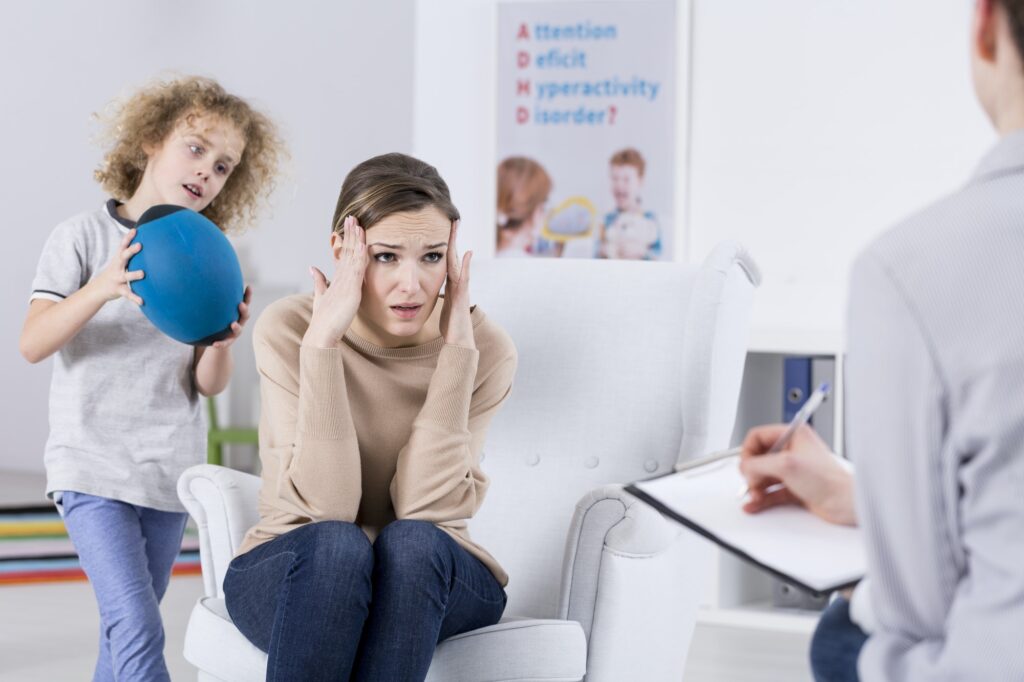Emotion management, previously an ADHD-related challenge, becomes more strained and fragile in a pandemic lived in closed quarters. Learn how to manage your anger and control negative emotions using this advice.

Adults with attention deficit hyperactivity disorder (ADHD or ADD) encounter excessive problems with anger, irritation, and rejection sensitivity. This temperamental dysregulation was increased during the pandemic when stress and anxiety were already high. To distinguish helpful tactics in these trying times, Family Life Psychology asked its readers, “How do you manage negative sentiments, such as anger, in your relationships?” Read their advice here.

“Empathy and knowledge of ADHD’s hallmark symptoms have helped me. Dislike the disorder but not the person. This approach doesn’t always work, but it is the best place to start.” – Julie Catling, New York
“The best way to assess and restrain yourself is to understand and accept your disability. My husband struggles with my ADHD. He doesn’t understand why I need sticky notes for everything he tells me, placed in areas where I can’t miss them. I have used articles from ADDitude to help him understand that my missteps are not intentional. Just as I have learned to live with his CPAP machine running all night, he is learning to live with my disability.” – Shawn Thompson, Utah
“I pause before speaking and I think hard about whether I am taking things or words the wrong way.” – Annabelle Fawcett, New Zealand
“Mostly by biting my tongue, withholding certain remarks, and trying to take time to think about the situation and my responses. When I’m tired or under pressure, I do not listen well and my reaction time is short. I say things I later regret. When I am angry, I will ask for a timeout or some space to cool down. Medication has played a big role in helping me to avoid ruminating about things.” – T. B., South Africa
Men with ADHD Are Asking: “Why Am I So Angry?”
“I am a duck in the rain. Everything is water that runs off my back. I’ve been married for 48 years, and I have to ignore things to keep from strangling my spouse.” – Charles Bramlet, Arizona
“I take a break and come back to the conversation once I’ve calmed down and have had time to think. I write down important thoughts before talking to ensure I remember topics. – Stacy Keast, North Carolina
“I exercise. Simply making time to go on a walk or hike helps calm me and improves my mood.” – Satina, New York
“Through cognitive behavioral therapy (CBT), I have begun to recognize how anxiety and other emotions can cloud judgment and responses. It is hard not to get caught up in the moment when you have ADHD, but I am getting better at recognizing what I am feeling, then taking time to reflect and gather my thoughts before responding.” – Anonymous
“I ask for time to ‘gather my thoughts.’ It gives me time to cool down and think about their perspective and if I am having a rational response to whatever triggered me.” – Michelle Henderson, Arizona
“I call a trusted friend and vent when I am frustrated, but always make sure it is a friend who will not judge my husband or children by what I tell them. I also write my thoughts on paper or write a letter about the issue that I may or may not give to my partner or child.” – Stephanie, Texas
“Learning about the emotional components of ADHD has been instrumental in being able to step outside of my anger for a moment and also allows me to understand how my emotions affect my husband, friends, and family.” – Christiane Rucinski, Indiana
“I try to communicate what I need and how I’m feeling right away, rather than hold it in. I tend to explode if I don’t.” – Angie Hurlburt, New York
“My spiritual life is a huge asset that allows me to assess my thoughts and emotions. Prayer, study, and mindfulness are fundamental.” – Kevin McDaniel, Ohio
“Self-care! I get up early to start the day quietly and focus myself before my son gets up.” – Emily Francis, Australia
“Talk things out, take deep breaths, and schedule breaks during the day.” – Amy L., Minnesota
“I take full responsibility for how I respond to my emotions. I identify and express the primary emotion which is not anger. Usually, it is fear or pain.” – Paul Gutierrez, Colorado